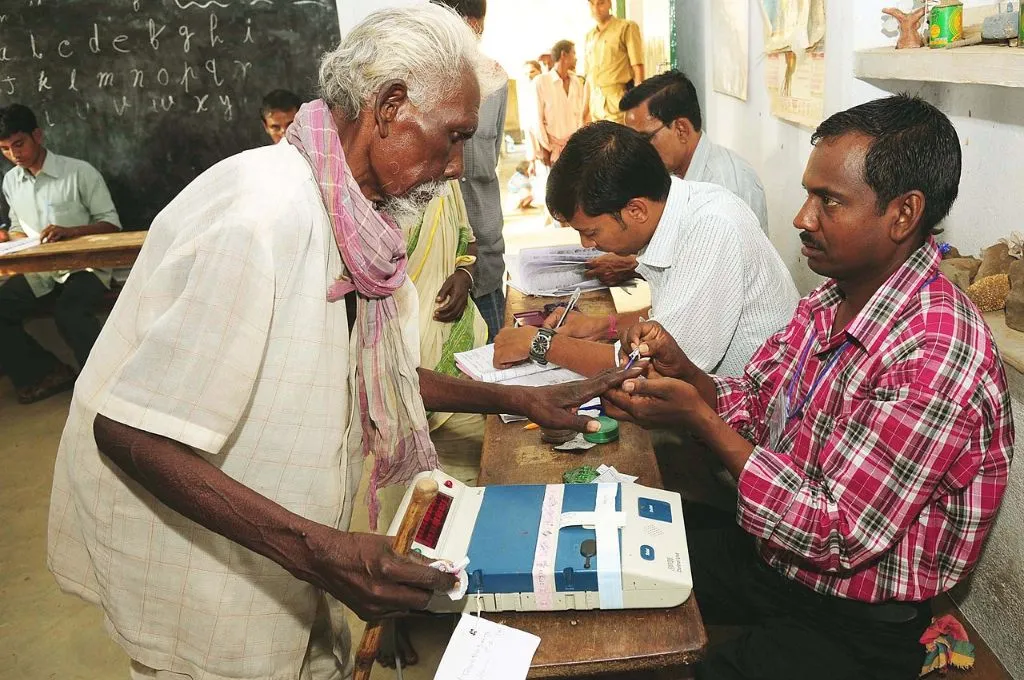The first major political task after Independence was formulation of the Constitution. Its preamble lays down a vision for India, which would unleash enormous amount of social progress, based on the values of justice, liberty, equality, and fraternity. But other than the preamble, the Constitution reflects a belief that the state is the sole instrument of social progress, which was not true of the history of the previous 200 years. Social progress was led almost always by civil society institutions and not by the state.
The obsession with the state as the sole or at least the primary instrument of social progress was a relatively new phenomenon, and it led to the creation of a constitution, which completely denied a role to civil society.
This needs to be corrected and to do this a constitutional amendment and amendments in specific laws are required. How will support for such an action be gathered is an unanswered question. But that should not prevent us from laying down in some detail what is it that we need to correct, to win a rightful place for civil society in building the vision of India which is laid down in the preamble of the Constitution.

Photo courtesy: Wikimedia Commons
Some of these measures are listed below:
- Civil Society Institutions should be a defined term in the Constitution, as was done for Cooperative Societies under Part IX-B inserted by the Constitution (97th Amendment) Act, 2011, w.e.f. 15-2-2012. Not-for-profit educational, healthcare, cultural, sports, and media institutions, as well as not-for-profit social enterprises must be brought into the ambit of CSIs.
- Make the Directive Principles a conjoint responsibility of the state and CSIs, by amending Articles 38 to 51 (except article 50). Article 38(1) to read as follows: ‘The State shall strive, directly as well as by involving and enabling civil society institutions, to promote the welfare of the people…’
- Add a new Article 43(C) as follows: ‘The State shall endeavour to promote voluntary formation, autonomous functioning, democratic control and professional management of civil society institutions, and establish mechanisms to consult them, fund them, and collaborate with CSIs.’
- Amend Part IV A on Fundamental Duties as follows: Article 51-A: ‘It shall be the duty of every citizen of India, individually as well as a member of various civil society institutions.’
- Establish a National Commission on Civil Society Institutions answerable to the Parliament.
- Add to the terms of reference of the Finance Commission, as well as the State Finance Commissions, to devolve at least a minimum portion of the tax revenues to a National CSI Fund.
- What CSIs get out of this National CSI Fund should be proportionate to member contributions and user fees that a CSI raises, subject to a fairly low (say Rs 1000 per annum) limit per member/user, so that the number of members/users matters more than the total amount.
- Broaden the ambit of the Comptroller and Auditor General, the Central Vigilance Commission and the Central/State Information Commissions to cover CSIs. Corrupt CSIs must be closed down and individuals responsible for corruption must be punished as public servants.
- Ensure that the Union and the State Public Service Commissions have at least two qualified members from CSIs to ensure the selection of socially conscious people in public service.
- Ensure that all constitutional and regulatory commissions have at least two members from CSIs.
- Amend all laws specifically impacting CSIs to have standing consultative committees with CSI representatives. Laws include the Indian Trusts Act, Societies Registration Act, Sec 8 of the Companies Act, Sec 12(A) and 80(G) of Income Tax Act, and Foreign Contribution Regulation Act.
- Amend Section 20(B) of the Representation of People’s Act, 1951 to enable qualified CSI representatives to become observers in elections, to catch electoral malpractices as they happen, and make political parties more accountable to CSIs.
- Establish standing parliamentary committees on CSIs, as well as standing consultative committees with CSIs in ministries/departments, and with the judiciary at all levels from district courts up.
This is a very ambitious list and it will take decades, if ever, for this to be achieved. It will require a second freedom movement, this time against the twin internal enemies: a power-hungry Indian state, which has largely failed to deliver the vision laid down in the Preamble of our Constitution, and the profit-hungry market institutions, which have appropriated the gains of freedom for a few.
This is an edited excerpt from an article that was published in Seminar 713, January 2019. You can find the original here.
‘First they ignore you, then they laugh at you, then they fight you, then you win.’ – Mahatma Gandhi.





